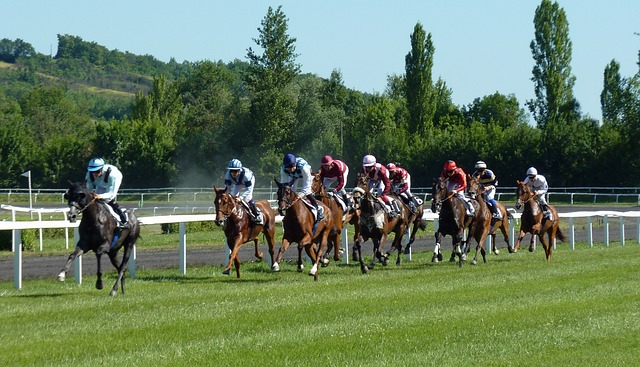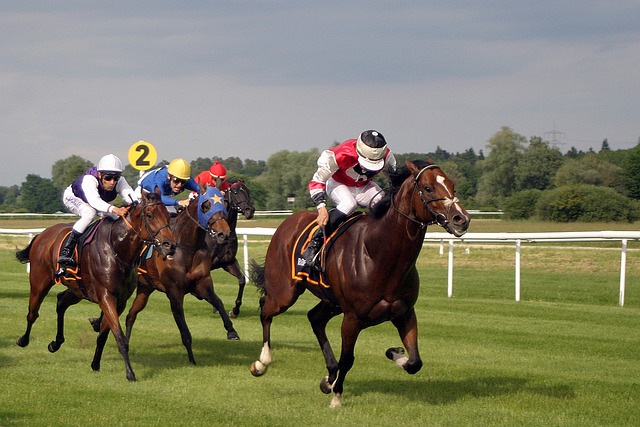Imagine a world where every roll of the dice could alter destiny, where betting was not just a pastime but a dialogue with the eternal. This is not the plot of a fantasy film, but the reality experienced by ancient civilizations, in a distant era, well before online casinos offered an immersion in modern gambling. Traveling back in time, we will discover how gambling was intertwined with the sacred, revealing surprising aspects of everyday life and spiritual beliefs of yesterday.
The mystery of the dice: voices from ancient Mesopotamia
In the darkness of early civilizations, dice already echoed with omens. Mesopotamian priests peered into the future in engraved sheep bones, thrown not for fun, but to seek answers in the will of the gods. These moments, full of sacral tension, were the ancestors of our bets, a bridge between mortals and divinities, where chance was colored with destiny. Kings and warriors, waiting for signs, relied on these ancient ‘bookmakers’ to guide their decisions, from war strategies to empire building.
In the Fields of Eternity: Gambling in Ancient Egypt

Egypt, with its time-defying pyramids, hid a love of the game as deep as its tombs. Senet, a game that crossed the border between living and the afterlife, was believed to be a vehicle for divine messages. Depicted in tombs, it promised the deceased a safe journey to the afterlife, under the benevolent guidance of Isis. The living, hoping for a blessing from the afterlife, bet on matches, intertwining destinies in a dance between life and death.
The gods roll the dice: Greece and the fate player
Ancient Greece gives us stories where the gods themselves were players, with Zeus, Poseidon and Hades deciding the fate of the universe on a gaming table. These stories, steeped in fatalism, reflected a vision of the world where gambling was a metaphor for life itself, a continuous balance between chaos and order, luck and strategy. And while mortals bet on the athletes in Olympia, they mirrored the inscrutable game of the gods in the microcosm of the games.
Rome: between bans and secret bets

The Roman Empire, with its iron laws, hid a heart passionate about gaming. Despite the bans, citizens of all ranks delighted in underground betting, from the outcomes of chariot races to gladiator fights. This double life of gambling reflected the complexity of Roman society, where the cult of Fortuna, the capricious goddess of destiny, demonstrated an irrepressible attraction to risk, a call to adventure that not even the laws could stifle.
This journey through time shows us how gambling has always danced on the border between the sacred and the profane, a reflection of a primordial tension between the order imposed by societies and the chaos inherent to the human condition. From the divine bets of ancient civilizations to the digitalization of gaming in modern online betting platforms, the common thread remains unchanged: the search for a deeper meaning behind the fall of a die, the hope that, perhaps, in that moment of uncertainty, we can touch the eternal.
